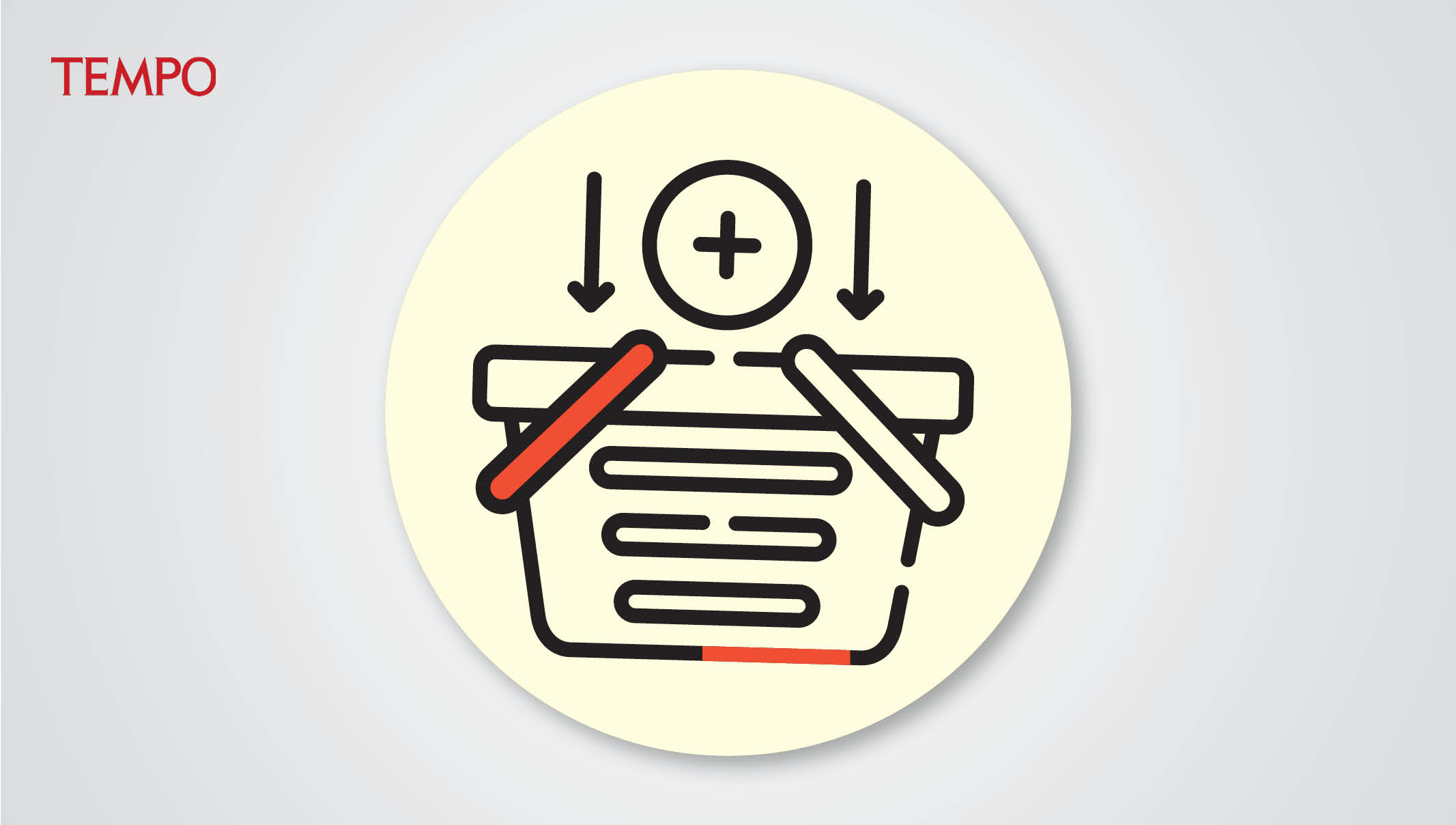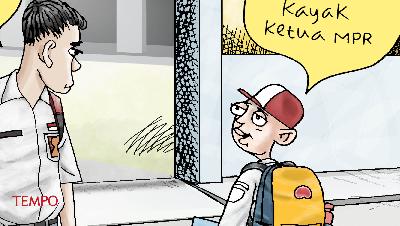Import Ban and Restriction Policy Causes Airlines to Limp
Monday, July 1, 2024
A new regulation concerning the purchase of aircraft components gives rise to a new problem for airlines. The TKDN policy is being wrongly applied.
arsip tempo : 174491732964.

MISTAKES with government import regulations continue to claim victims. After many textile companies collapsed as a result of a shortage of raw materials, now it is the turn of airlines, which are having to limit their operations because they are unable to import aircraft spare parts. The ultimate victims will be the national economy and the public interest.
Trade Ministry Regulation No. 36/2023 on Import Policy imposes bans and limits on the import of aircraft components and spare parts. The main reason for this policy is to protect domestic industry, in line with President Joko Widodo’s flagship policy of optimizing the level of domestic content (TKDN) for a number of products. However, less than a year after it came into force, this regulation has been changed because of protests from industry.
Through Trade Ministry Regulation No. 3/2024, the government has once again allowed imports of aircraft components. But instead of being resolved, the problem is continuing because of the need for an implementation regulation and technical instructions for this regulation. As a result, imported components are often held up, which has forced some airlines to ground planes.
Yet again, this problem has arisen because of the wrong implementation of the TKDN policy. If it were implemented properly and with the right targets, it could be an effective way of reducing our dependence on imported products. However, if local industry is not yet able to provide components important for the continued operations of an industry sector, this regulation turns into a boomerang and a source of disaster.
The arbitrary implementation of the TKDN policy eventually leads to problems for many people. Airlines could collapse because of the very high expenditure as a result of the weakening value of the rupiah and the high cost of aviation fuel, while the upper limit for airfares has not been revised. If these bans and restrictions were ended, and import duties on aircraft components were reduced, airlines would be able to breathe slightly easier. After all, the demand for air tickets after the pandemic continues to rise.
Therefore, as the result of this policy, do not be surprised if in the future, we see prices soaring. The same will be true for the price of goods from the regions because of the limitations in modes of transport for goods.
The government has not learned from its mistakes when it banned Kereta Commuter Indonesia from importing used electric railroad cars from Japan at the beginning of 2023. At that time, the subsidiary of state-owned rail company KAI needed a ‘new’ fleet to replace aging railroad cars. But once again citing the TKDN policy, the government refused to issue an import permit, saying it wanted to give an opportunity to domestic railroad company Inka, which was not able to produce electric trains in a short time.
As a result, now we can see for ourselves the congestion on commuter lines in and around the capital. Every day, millions of commuters sacrifice their comfort and safety because of a shortage of electric trains. All of this is the result of the ambition and pseudo-nationalism of officials who insisted on applying the TKDN policy to vital sectors.
The repeated errors by the government in a number of import regulations increasingly show how policymakers never carry out proper studies when planning policy. Everything is based on keeping the president happy.











